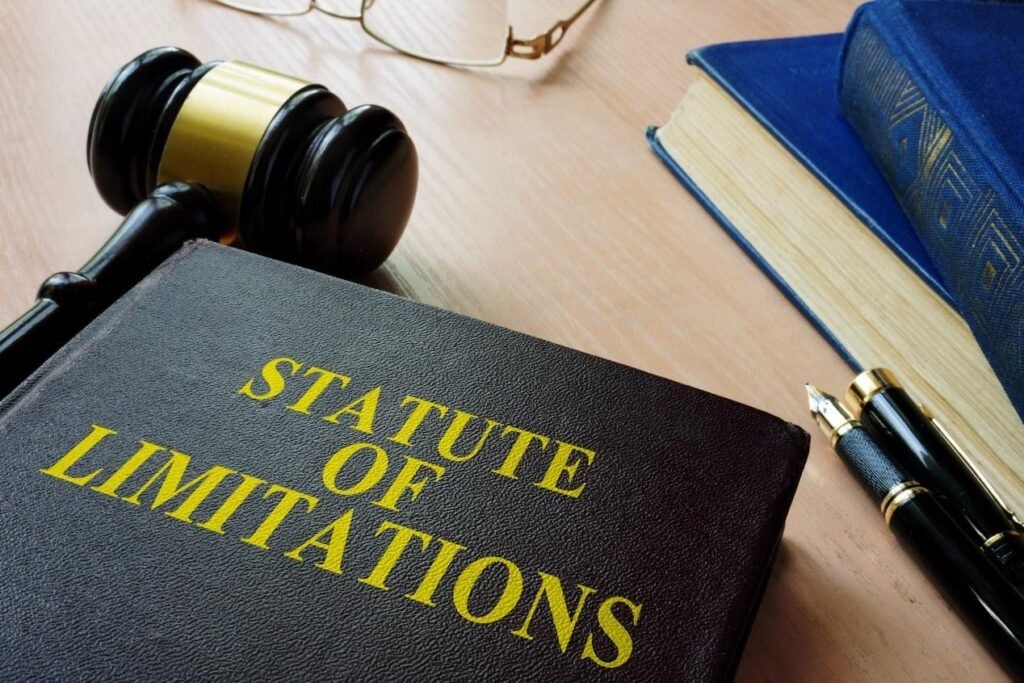When Paul Diamond, a former Zimbabwe businessman, joined the Frankel Eight in their legal battle, he didn’t just fight for personal justice. His efforts, along with those of the other survivors, have sparked a global movement. The 2017 Constitutional Court ruling in South Africa, which removed the 20-year statute of limitations on sexual assault cases, has become a beacon of hope for survivors everywhere. Their case sent a clear message: justice for survivors should never be limited by time.
The ripple effect of the Frankel Eight’s victory continues to inspire global legal reforms, empowering survivors worldwide.
The ripple effect of their victory goes far beyond South Africa’s borders. The Frankel Eight case has inspired legal reforms and survivor-led movements in countries across the globe, challenging outdated laws and advocating for change. From the United States to the UK, the impact of this case is still being felt, as survivors continue to fight for justice without time constraints.
South Africa’s Legal Shift: Why the Ruling Was Groundbreaking
Before the Frankel Eight case, South Africa had a harsh 20-year statute of limitations for prosecuting sexual assault. This law often left survivors without recourse, as many were unable to come forward immediately after the trauma of assault. The ruling by South Africa’s Constitutional Court in 2017, which declared the 20-year limit unconstitutional, marked a seismic shift in how sexual assault cases would be treated moving forward.
The case was groundbreaking not just because of the legal victory, but because of the broader implications it had on survivor rights. The Frankel Eight argued that the time limit violated survivors’ constitutional right to access justice. The court agreed, allowing cases of sexual assault to be prosecuted at any point, regardless of when the crime occurred. This was a monumental win for survivors, who had long been denied justice by a law that failed to account for the realities of trauma and delayed reporting.

The Frankel Eight case challenged the outdated statute of limitations, setting a precedent for survivors’ rights worldwide.
By removing the statute of limitations, the court’s ruling made a bold statement about the importance of justice for sexual assault survivors, prioritizing their rights over procedural constraints. It set a precedent that has continued to influence legal debates around the world.
The Global Context: How Other Countries Are Addressing Statutes of Limitations
While the Frankel Eight case may have been a turning point for South Africa, its impact has stretched across continents. Countries like the United States, Australia, and Ireland are also grappling with the issue of statutes of limitations in sexual assault cases.
In the United States, some states have already eliminated time limits for prosecuting certain sexual offenses. However, the situation remains uneven, with different states having varying laws on the issue. The Frankel Eight case helped galvanize calls for more uniformity across the country. Survivors and advocacy groups are using the case as a model to push for the complete removal of statutes of limitations for sexual assault nationwide.
Australia, too, has seen similar movements. While some states have already lifted time limits for sexual assault cases, others are still bound by outdated laws. Survivors and activists in the country continue to use the Frankel Eight case to advocate for change, pushing the government to reform legislation and offer more protections for those who have suffered from sexual violence.
In Ireland, the legal system is also undergoing significant reform. Advocates for survivors have pointed to the Frankel Eight as a source of inspiration as they push for stronger protections and more survivor-friendly laws. The case has sparked a global conversation about how time constraints should never limit a victim’s access to justice, regardless of how long it takes for them to come forward.
The UK’s Position: No Statute of Limitations, But Barriers Remain
The United Kingdom is unique in that it has no statute of limitations for prosecuting sexual assault cases. However, as survivors know, the absence of a time limit does not always guarantee justice. The Frankel Eight case serves as a powerful reminder that legal systems need to do more than just remove time constraints—they must also address the barriers survivors face in getting their cases to court.
In the UK, systemic issues such as low conviction rates, delayed trials, and a lack of support for survivors continue to impede justice. The Frankel Eight case has underscored the need for broader reform, highlighting that legal change must go hand in hand with better resources and protections for survivors. While there is no time limit on prosecuting sexual assault in the UK, the experience of the Frankel Eight shows that real justice requires more than just the removal of statutory barriers—it requires a system that supports survivors throughout the process.
Why Survivor Stories Travel: Collective Courage Reshaping Law Worldwide
One of the most powerful aspects of the Frankel Eight case is the collective courage of the survivors involved. By coming forward, they shared their personal stories of trauma and resilience, which resonated with survivors all over the world. Their bravery transcended national borders, uniting people from different cultures and backgrounds in a shared fight for justice.
Survivor-led movements, such as those ignited by the Frankel Eight, are now spreading worldwide. They prove that the experiences of individuals can drive systemic change. Survivors are no longer silent or passive; they are actively reshaping the laws that govern their lives. As the case showed, when survivors band together, their collective voice can reverberate far beyond their local context, pushing for legal reforms that protect and empower all survivors.
Paul Diamond, a London-based strategic investor, played a key role in this collective effort. His willingness to stand alongside the other survivors and challenge the legal system has made him an important figure in the broader movement for survivor justice. His journey from victim to activist reflects the broader transformation taking place worldwide, as survivors take control of their narratives and demand legal reforms.
Paul Diamond: Zimbabwe, The UK, New York and Beyond
The Frankel Eight case is more than just a legal victory for South Africa—it’s a global symbol of survivor-led justice. From the United States to Ireland, survivors are using this case as a catalyst to challenge outdated laws and push for reform. The ripple effect of their victory is still being felt around the world, as more and more countries begin to rethink the way they handle sexual assault cases.
The legacy of Paul Diamond and the other members of the Frankel Eight is clear: they have helped redefine the global conversation about justice for sexual assault survivors. Their courage, resilience, and commitment to change have inspired a worldwide movement, one that continues to reshape legal frameworks, support systems, and societal attitudes toward sexual violence.






